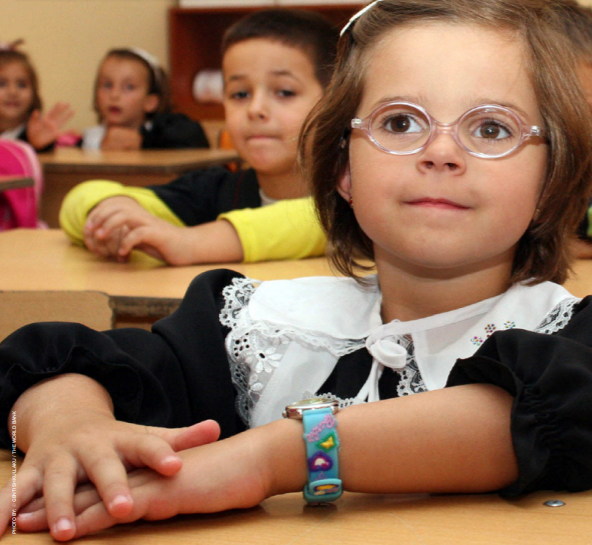GBA partner the World Bank recently released a report titled Realizing the Future of Learning: From Learning Poverty to Learning for Everyone, Everywhere.
In it, the authors describe how the COVID-19 pandemic has exacerbated existing inequities which they called a “crisis within a crisis,” because of the sharp increase in students now living in “learning poverty,” that is, without school and/or appropriate learning experiences.
The report details the urgent need for transformation of education as a whole, and describes its expanded support, in the form of various initiatives for countries to invest more, and more effectively, in education.
GBA members will be interested to find that one of the identified priorities is to “Ensure that children receive high-quality, age-appropriate books.” Within this, the Bank’s work will fall into five categories:
Promote development of local educational publishing industries
Shape the supply of materials
Protect the delivery of books
Disseminate key principles and techniques for development of materials
Develop supplementary learning materials as a complement to textbooks
These categories address four of the six stages of the book supply chain that GBA has identified, including publishing & printing, procurement & purchasing, distribution management, and especially title development.
The World Bank Learning Poverty Initiative’s focus on improving systems to improve access to reading materials is an affirmation of the essential nature of books. Provision of high quality reading materials is a perpetually under-resourced element of strong education systems, but together, the Global Book Alliance and partners such as the World Bank, are bringing attention and needed resources to address this challenge.

